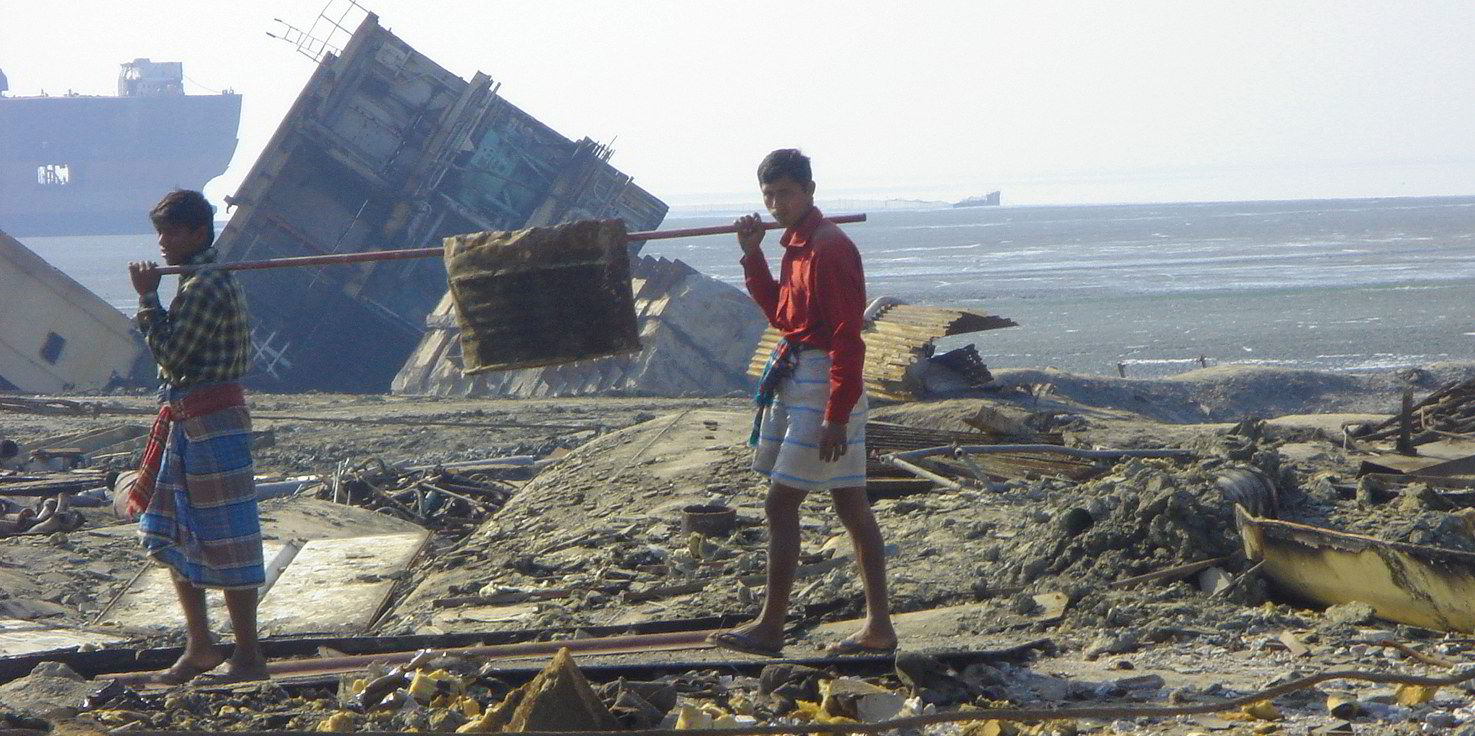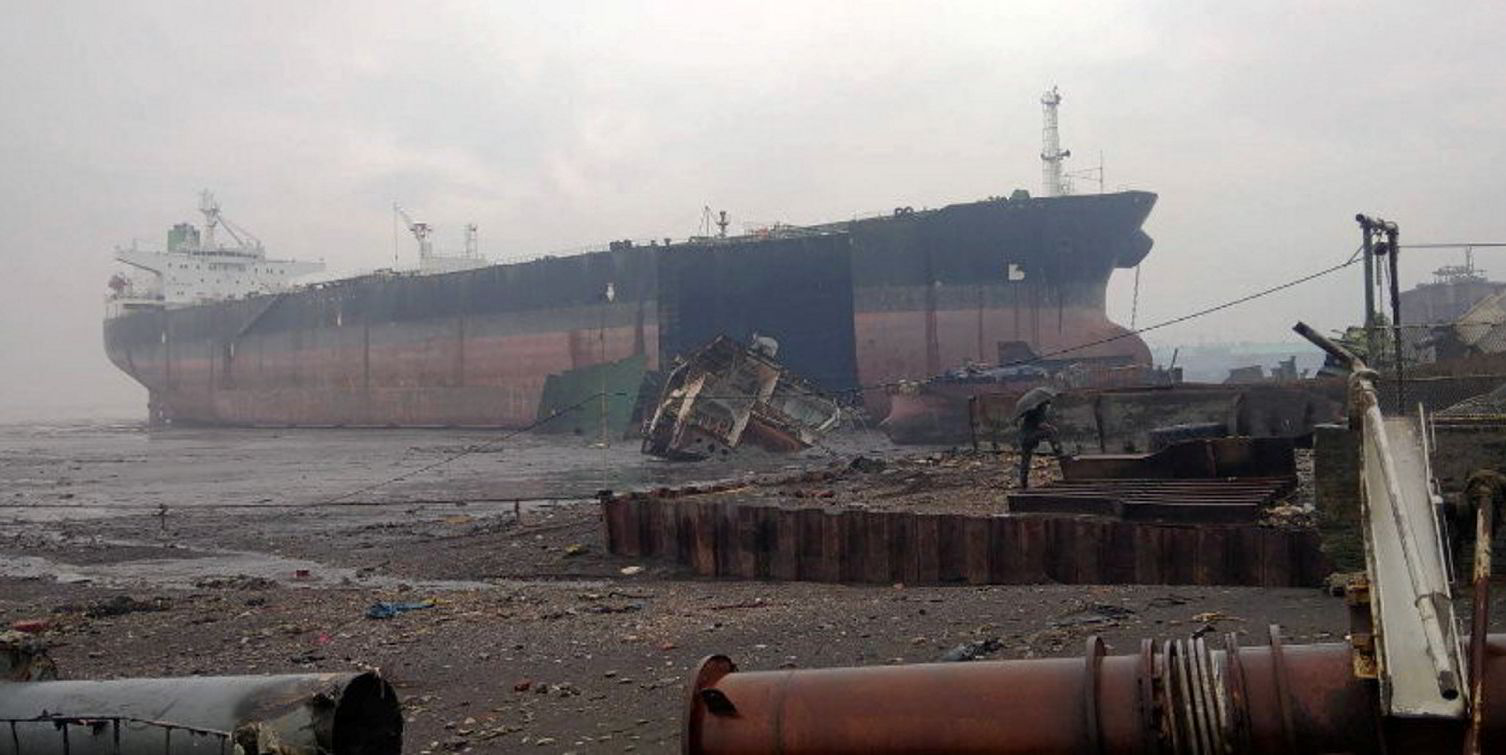Human Rights Watch and the NGO Shipbreaking Platform have put the South Asian ship-recycling sector in its crosshairs once again.
Bangladesh was the target of a 90-page report released on Thursday that lambasts shipowners in Europe for selling their old ships to cash buyers who then resell them to substandard ship-recycling facilities in Chattogram.
The publication of Trading Lives for Profit sends a warning to shipowners that despite recent victories such as the ratification of the The Hong Kong International Convention for the Safe and Environmentally Sound Recycling of Ships, NGOs are still keeping a watchful eye over the subcontinent ship-recycling sector and are not afraid to name and shame owners who they believe are knowingly contravening European Union rules.
The report follows the same format as many previous reports issued by NGOs in the past, beginning with the heart-wrenching tale of a scrapyard worker suffering serious injuries from an explosion while cutting up a ship in 2021. In this case, it was an old bulk carrier that his employer acquired from a low-profile Greek shipowner via a cash buyer intermediary.
In the end, the worker was short-changed on the compensation payout for his injuries and his family was forced to sell all their lands to survive.
The story, according to Human Rights Watch and the NGO Shipbreaking Platform, is still a common one in Bangladesh.
The report details how ship-recycling facilities in Bangladesh are routinely cutting corners despite the Bangladesh High Court’s 18-point directive that requires rigorous health and safety standards and labour rights protections in shipbreaking yards.
Some yards in Chattogram were accused of serious violations of workers’ rights such as employing children, holding night operations and failing to supply workers with appropriate protective gear. It called for such yards to be immediately shut down.
It said the Government of Bangladesh needs to do a better job of enforcing regulations covering the ship-recycling sector, as lax enforcement allows shipbreaking yards to cut corners and violate safety, environmental and worker rights laws.
Criticism was levied on European shipowners for flouting EU regulations on ship recycling and continuing to send their ships to substandard yards in Bangladesh via non-EU intermediaries.
The report recommended that the European Commission amend the EU Ship Recycling Regulation (EU SRR) to apply to the ship’s beneficial owner, not just the flag state. If the ship is sold, the report said the EU SRR should remain applicable to the previous owner for no less than two years from the date of sale.
Among other recommendations made to the EU, it suggested that all shipping companies conducting operations in the EU be required to publicly report all sales, including to cash buyers, to ensure the traceability of the ship’s beneficial ownership over its lifetime.
The report also recommended that the IMO sanction flag states each time they are used by cash buyers at end-of-life when a ship is sent to a yard that uses beaching and occupational health and safety standards are not met.
Financiers also came under the microscope, with the report recommending that financial institutions adopt a policy against financing or providing loans for the purchase of ships to shipbreaking yards that use the beaching method.
In addition, financial institutions were encouraged to invest in developing recycling capacity that complies with international standards on occupational, health, and safety, including the use of industrial platforms, such as drydocks, and supports a transition towards sustainable lifecycle management.






